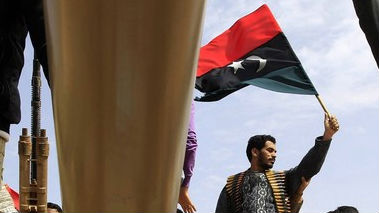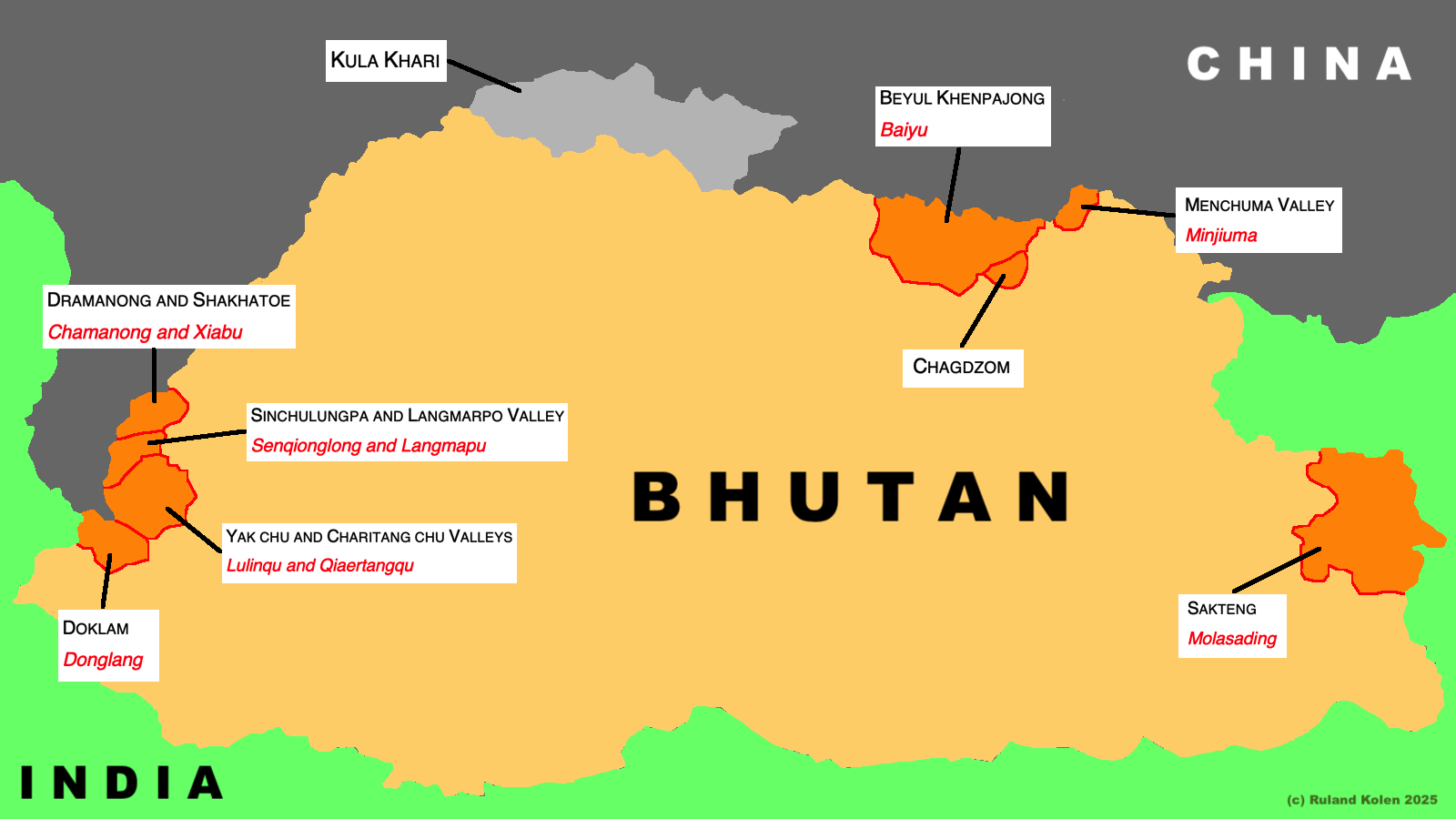Libya: What to do Next

Here in New York it is possible to take a slightly more dispassionate view of some of the Western, particularly British media, reaction to the events in Libya. The most trenchant can be found unsurprisingly on the Right. James Forsyth who writes for the Spectator and Daily Mail says that it is essential that Colonel Gadhafi be got rid of. That is a fairly common view, and not just on the Right. But the problem remains that this was not what the UN Security Council voted for in Resolution 1973. Some on the Left on the other hand, who watched in disgust as Gadhafi turned heavy weaponry on his own people, seem to have withdrawn to a comfort zone of now saying ‘no to intervention’, despite the fact that the UN Security Council voted for a ‘no fly zone’.
But in fairness, it is surely not that people are objecting to protecting civilians, it is because the plight of those civilians and the rebels is actually threatened by the bellicosity of the armchair Generals in the media, and the attempts to misinterpret Resolution 1973 by the British and French Governments.Ultimately the decision to remove Gadhafi is one for the Libyans themselves, however difficult that may prove to be. Of course, it would solve a lot of problems if Gadhafi simply came quietly as the prosecutors arrive from The Hague to arrest him on charges of crimes against inhumanity. But the chances of this happening are to say at least, minimal. For now.
So the objectives for the UN surely remain to protect Libyan civilians from attack, while encouraging negotiations between the sides. In the interim this may lead to a Libya that is divided between West and East. However unsatisfactory an immediate outcome this may be for many Libyans and for the West, it is not the job of the UN backed international force to bring about ‘regime change’.





